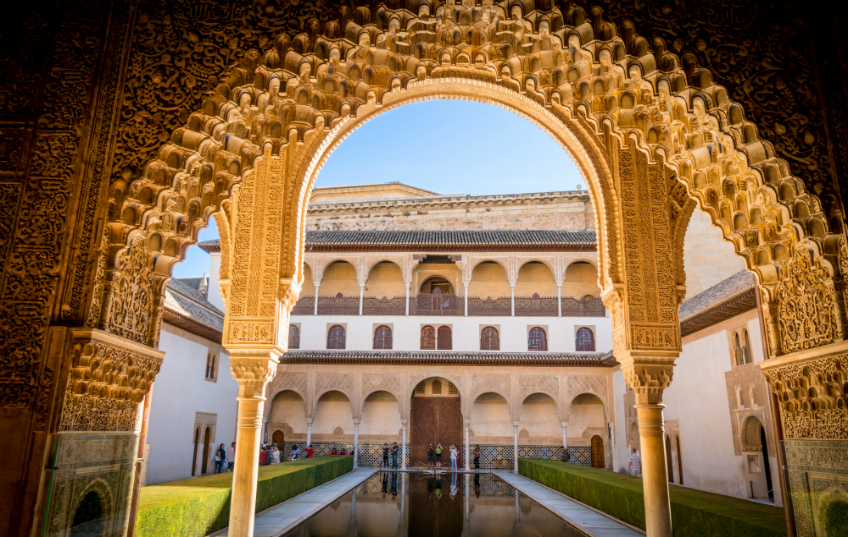Travellers are often bemused when they take the first step towards speaking a language abroad. What do travellers need to know when speaking Spanish in Granada, Spain for example? The Museum of Knowledge highlights two key factors to consider that should help all language learners speak Spanish with confidence whilst in Granada. Spain.
The first consideration students learning Spanish need to bear in mind is that the Spanish accent in Spain varies region to region with the Granada accent being typical of Andalusia. It may be more difficult to understand the Andalusian accent compared to the accents in the North such as in Burgos or Galicia. The speed and pronunciation of words differs between the Andalusian accent spoken at speed with some words pronounced without accentuation of consonant letters or vowels. For example, a word that ends with the letters “ado” may not be pronounced as such. The word “ocupado” (busy) would be pronounced as written by a Spanish speaker from the North, however a speaker from the Granada region would not pronounce the last two letters, the consonant letter “d” and vowel “o”. This would mean that the word “ocupado” would be pronounced as “ocupaw” with no emphases on the last two letters of the word when spoken by a speaker from the Granada region.
Pronunciation aside, it is important to note that as a city that is famous for its historic beauty, it is helpful to learn a few words and phrases that relate to the city of Granada. Historic sites include the town’s cathedral (catedral), the Alhambra Palace and Generalife Gardens. Other activities famous in the region include skiing in the Sierra Nevada mountains, and during the summer months, swimming and diving in the hillside water theme park Aquaola that certainly deserves a visit. With these sites of interest, language learners can develop their linguistic skills for the purpose of tourism and perfect their general knowledge and communication skills from asking for directions to developing and learning the vocabulary they will use when visiting historic sites and monuments.

